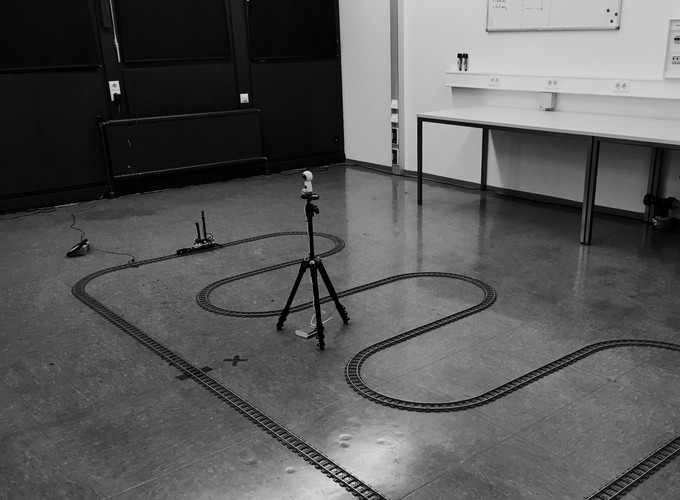Improving the Robustness of Control-Grade Ultra-Wideband Localization
 Illustration of the proposed concept. The local- ization filter is augmented with inertial measurement and signal quality data to improve the robustness.
Illustration of the proposed concept. The local- ization filter is augmented with inertial measurement and signal quality data to improve the robustness.
Improving the Robustness of Control-Grade Ultra-Wideband Localization
Abstract
Ultra-wideband based localization technologies gained more and more attention over the recent years. Most of the predominant research focusses on two-way ranging based system topologies that feature limited multi-user scalability. This work aims to improve the accuracy and robustness of a highly scalable control-grade time-difference of arrival based localization system. The specific goal addressed in this work is to improve the robustness under non-line-of-sight conditions using ultra-wideband specific signal quality assessment and inertial sensor fusion. The accuracy of the proposed method is experimentally analyzed in two experiments. One experiment evaluates the performance under best-case conditions. A second experiment introduces strong interference through moving assets. Here, an accuracy improvement of over 60 % could be achieved compared to previous results. In order to relate those results, an experimental comparison to a widely used angle of arrival capable state of the art ultra-wideband localization system is made. It could be shown that the proposed method is more accurate than the state of the art in the strong interference scenario.